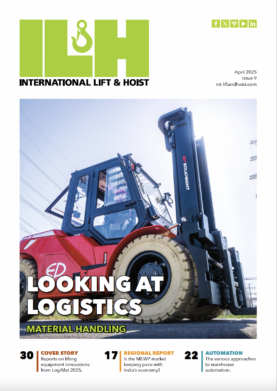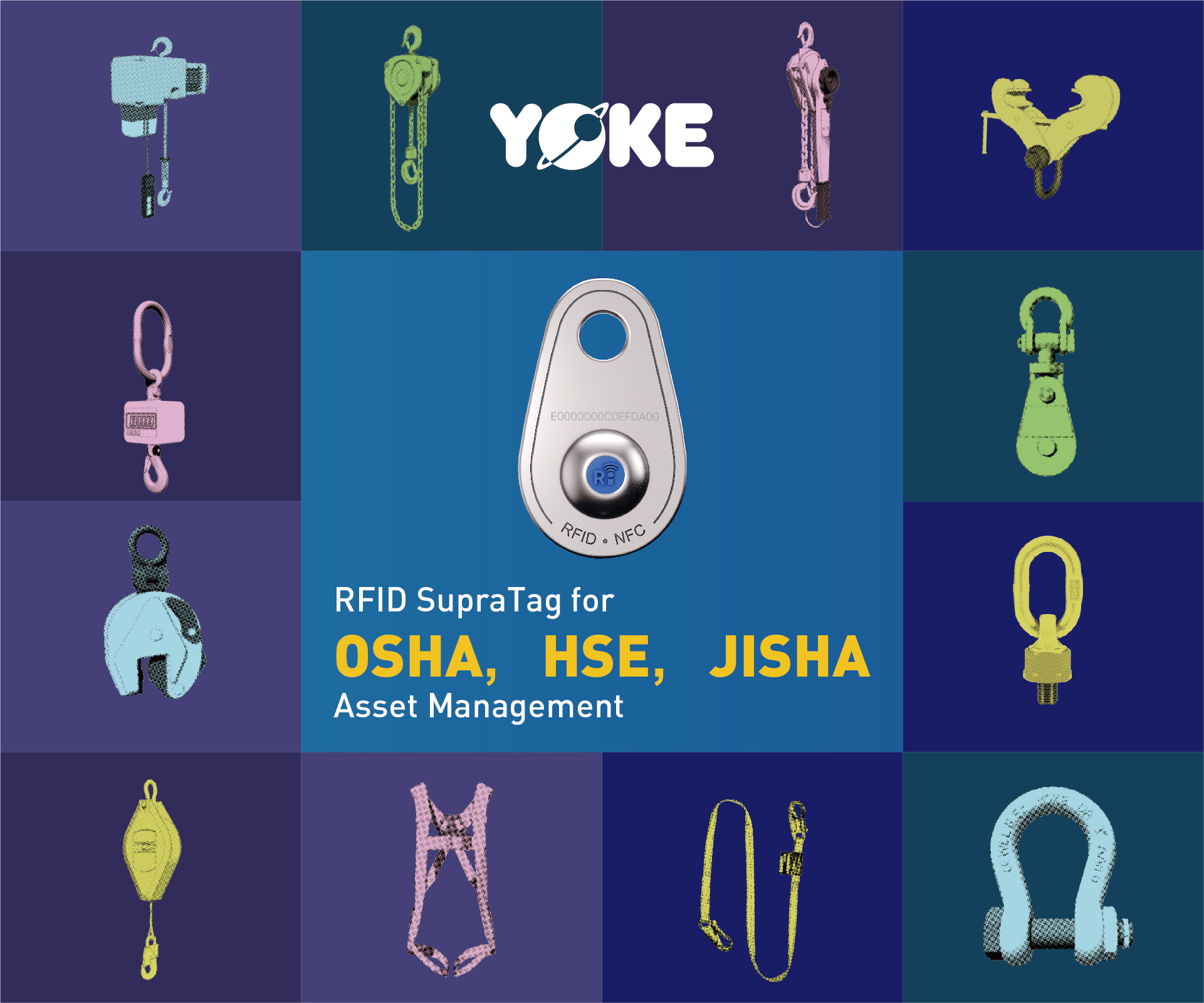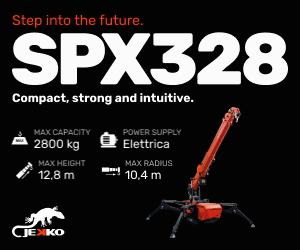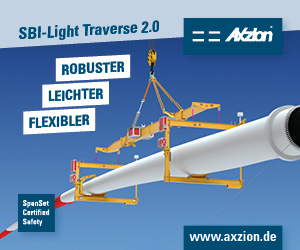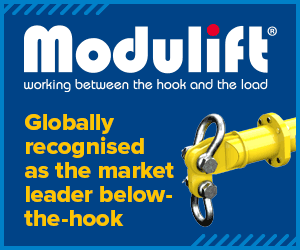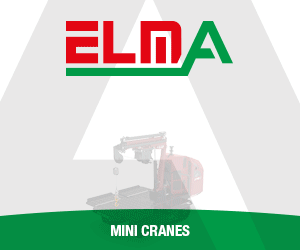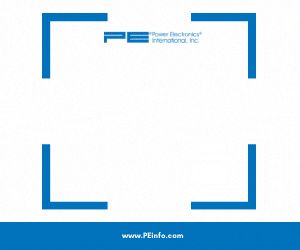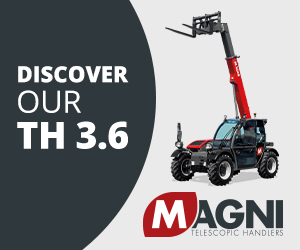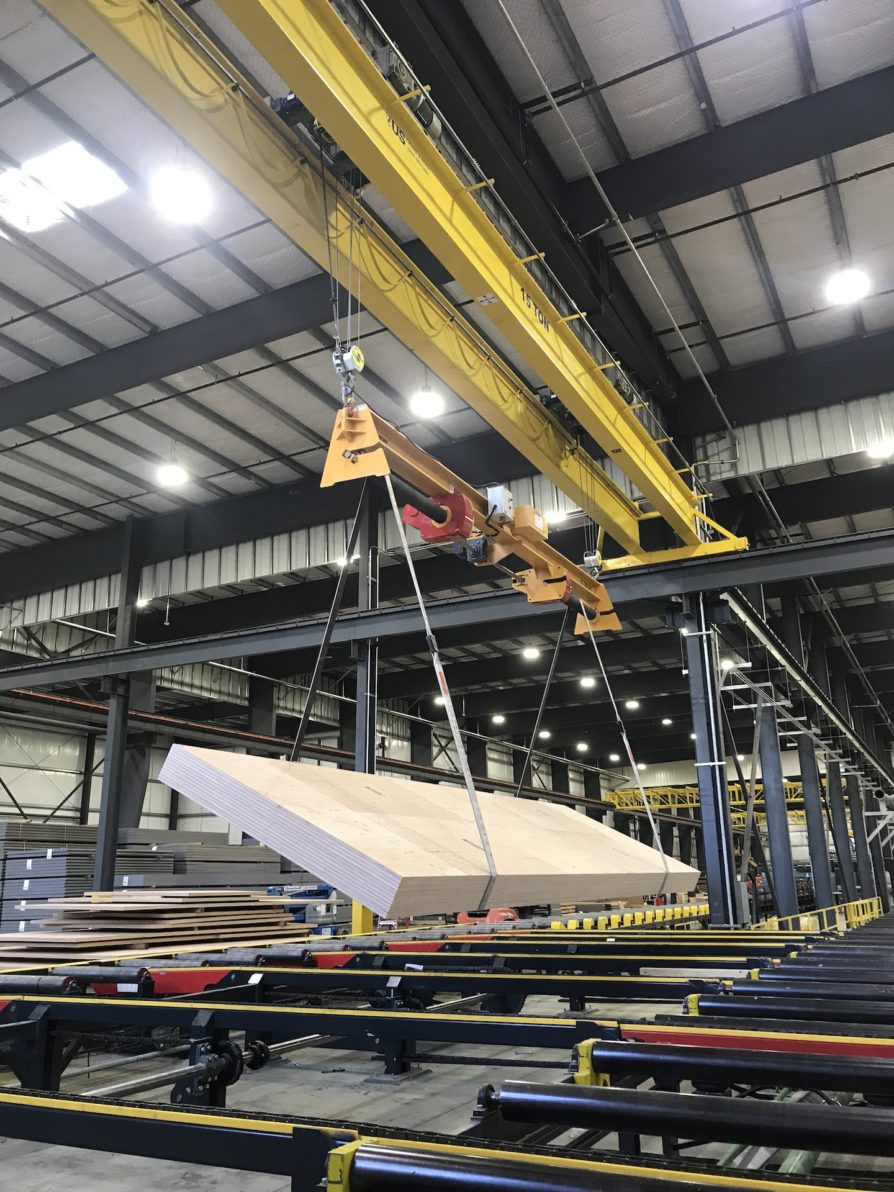)
Timber Company Turns Panels with Caldwell Posi-Turner
Freres Lumber Co. Inc. is using a 22,500-lb. (11.25-ton) capacity Caldwell Posi-Turner to turn loads at its Mass Plywood Panels facility in Lyons, Oregon. The Posi-Turner, which is designed to rotate bulky and hard to handle objects during the manufacture or assembly processes, is operated beneath the hook of a 15-ton capacity overhead crane to flip panels in the lumber and timber company’s finishing area.
One of three Oregon locations, the 180,000 sq. ft. facility is serviced by seven overhead cranes, all provided by U.S. Crane & Hoist and ranging in capacity from 5 tons to 15 tons. Some of them are fitted with two hoists and tandem lifts are commonplace at the world’s first veneer-based mass timber production facility.
Kyle Freres, vice president of operations at Freres Lumber, said: “We needed the ability to flip panels and the Posi-Turner has been a fantastic fit. Typically our panels weigh about 37 lbs. / cubic foot. The largest we have picked with the Posi-Turner, and oriented upright onto a drop-deck trailer, was 12 in. thick, 12 ft. wide, and 48 ft. long—and weighed a little over 10 tons. I even saw one of our employees flipping a unit of plywood recently, which just shows how flexible the product is. It is used sporadically depending on the job and it has been very efficient. The straps are easy to hook up and the unit is easy to operate. I don’t believe we have had to do any maintenance, other than replacing damaged straps.”
The Posi-Turner represented a significant cost saving versus an alternative mechanical solution and operates at the heart of the Mass Plywood Panels operation. As Freres explained, commercial timber construction is a growing industry in the U.S. due to its sustainability and ability to be pre-manufactured, which can cut construction costs and dramatically reduce labour.
The facility produces panels in 8 ft., 10 ft., or 12 ft. widths, up to 48 ft. long, with thicknesses ranging up to 24 in. Almost all products present a requirement for custom computer numerical control (CNC) work in order to reduce labour on the job site, meaning practically that the company – and the Posi-Turner – handle a wide variety of product dimensions. Freres said: “We move product from our conveying system by crane to our CNC decks, and then off again when work is complete. We handle them again in the finishing area for many different activities including painting, attachment of pick points and other tags. We also flip many panels depending on the requirements of the job.”
Recently the company produced a mat product with two half-lap edges on each item. The Posi-Turner was used to flip every other panel to add pick points on alternating sides so that the half-laps would fit together properly when the pieces were laid down. Freres added: “We take what looks like a standard sheet of plywood—but isn’t—and scarf it into a long product called structural composite lumber. We use [4 ft.- and 2 ft.-wide] billets to construct larger panels to the appropriate size required for the project. Those pieces are sent to a [CNC] machine to be finished. From there the panels are sent to finishing for any last touches and are then shipped to the job site.”



